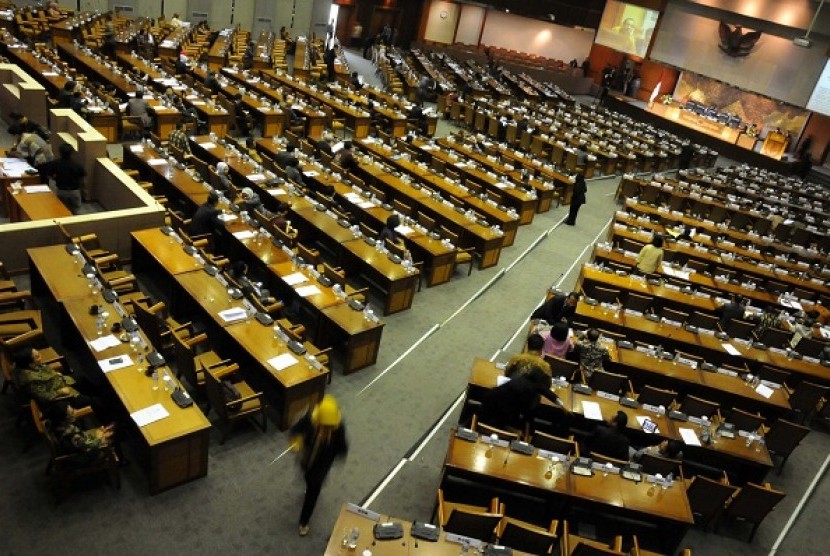REPUBLIKA.CO.ID, JAKARTA - A researcher on corruption said there would likely be more cases of corruption unveiled this year as politicians would seek to attack each other ahead of the 2104 general elections.
"I see a lot of factors that would cause more collusion practices and corruption cases to be unveiled in 2013. Unveiling cases of collusion and corruption would be one of the ways to be used by politicians to topple their rivals," Zainal Arifin Mochtan, the director of the Anti-corruption Study Center of state Gajahmada University based in Yogyakarta, said here on Friday.
He said it was not impossible for the case of a corrupt politician to remain covered because it was not unveiled. He said however he hailed the trend because it would make more cases to be uncovered although the reasons used for it were political rather than corruption eradication efforts.
Zainal said that politicians would need more capital to finance their activities ahead of the general elections in 2014. As political parties` capital is limited "they would strive to find it from any sources available including the illegal one and therefore a new method of corruption would possibly emerge and I hope it could be uncovered," he said.
Mochtan said the backlog of corruption cases would be bigger this year added by leftover cases of 2012. He added, this was normal as the number of cases kept increasing. "It is normal for the number to increase from year to year," he said.
In the year-end report of 2012 the Financial Transactions and Analysis Reporting Center (PPATK) disclosed 42.71 percent of legislators of the 2009-2014 term had conducted suspicious transactions indicating corruption or money-laundering.
It meanwhile said that members of the House of Representatives (DPR) of the 2001-2004 period were the cleanest as only 1.04 percent were indicated to have committed corruption. It said the most who are indicated to commit corruption, comprising 69.7 percent, were members while 10.4 percent were commission chair persons.



